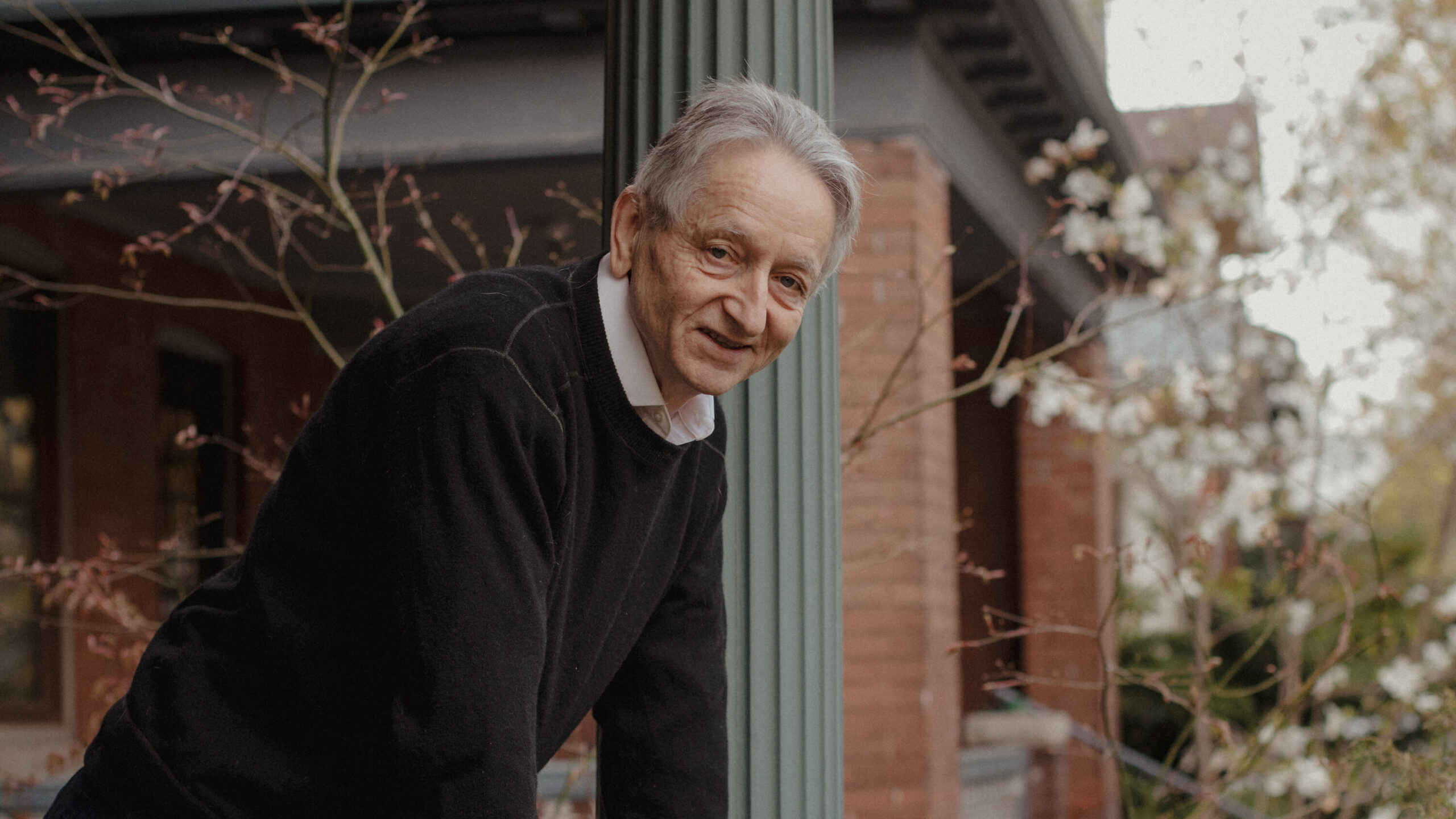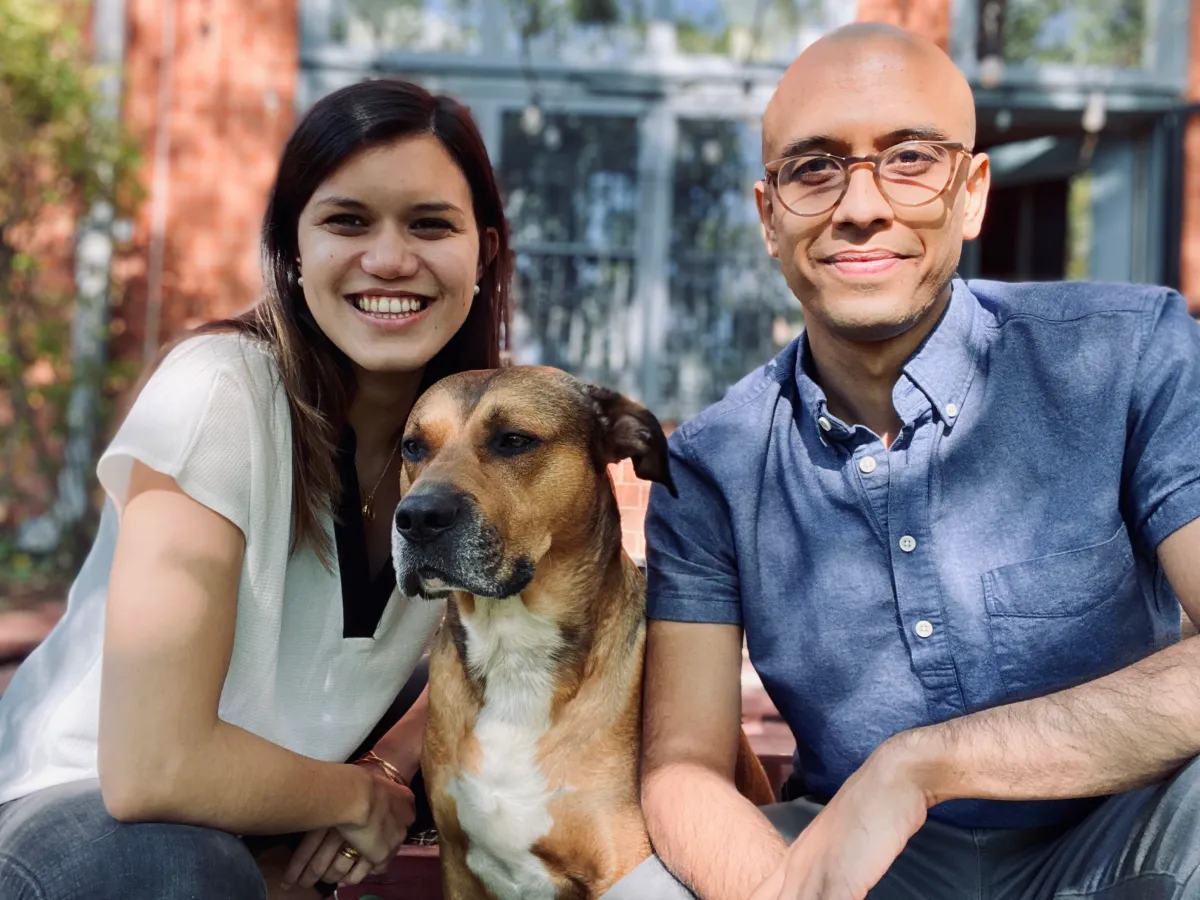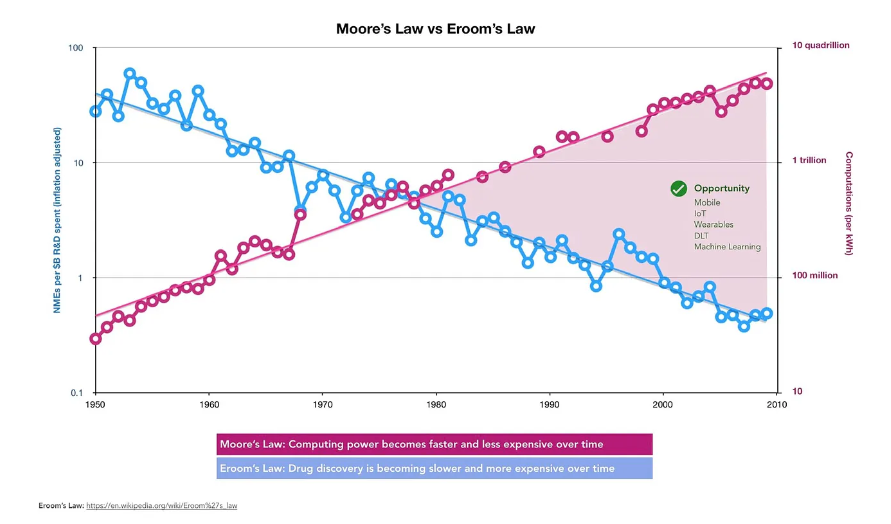It is commonly believed that AI’s value will be derived from reducing simple, repetitive, tasks. But it may not be that straightforward. In this week’s feature, Charles Fisher, Founder and CEO of Radical portfolio company Unlearn, argues that AI will excel in solving humanity’s most difficult problems.
Biology and medicine are filled with problems that humans find challenging, or impossible, to solve. Take, for example, the protein folding problem. The protein folding problem is conceptually simple: we want to predict the 3-dimensional structure of a protein from its amino acid sequence.
Let’s try an experiment. Without using a computer, see if you can predict the fold of the protein with this amino acid sequence:
AAYKVTLVTPTGNVEFQCPDDVYILDAAEEEGIDLPYSCRAGSCSSCAGKLKTGSLNQDDQSFLDDDQIDEGWVLTCAAYPVSDVTIETHKKEELTA
Of course you can’t do this. The human brain hasn’t yet evolved the ability to predict protein structures.
But AlphaFold, an AI model by DeepMind trained to predict protein structures, can predict the structure of this protein. Here it is:

Now, perhaps you’ll say that this example is a strawman. Of course human beings can’t fold proteins in their heads. Fine. Let’s compare the performance of AlphaFold to the previous generation of human designed algorithms for protein folding that didn’t use AI.
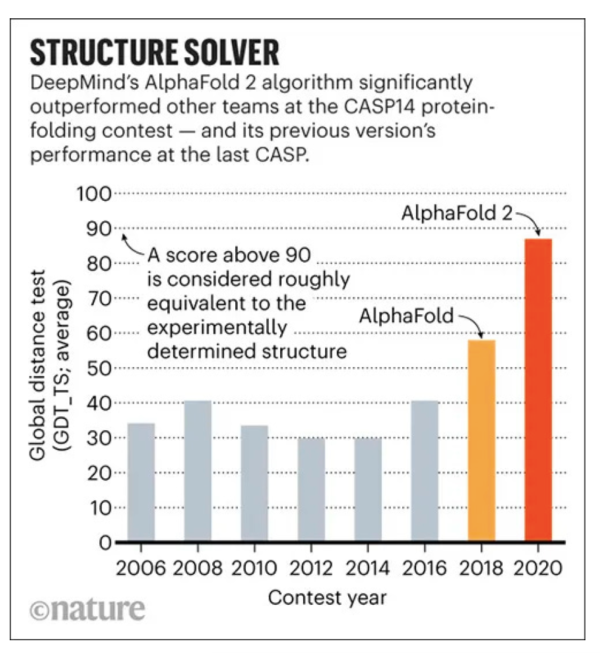
The results speak for themselves. Humans had been attempting to design algorithms to predict protein structures for decades, but none of those algorithms ever came close to achieving the accuracy of the new AI-based methods.
AlphaFold is an example of a narrow superhuman intelligence. It is not a general intelligence. It can’t go into the kitchen and make a cup of coffee. It can’t recognize a picture of a cat, drive a car, or return search results from the internet. There are many things it can’t do. In fact, it only does one thing; predict the structures of proteins from their amino acid sequences. But, it does that one thing with superhuman performance. Not only is it laughable to compare AlphaFold to the performance of a single person, it substantially outperforms all previous human designed algorithms. This is the real promise of AI.
Unlearn brings together a world-class team of experts across AI, pharma, physics, and business who share a vision of pioneering AI to eliminate trial and error in medicine. With advanced biostatistics and machine learning, the company accelerates clinical trials and makes them cheaper and faster to run, ultimately enabling life-changing therapeutics to reach patients sooner. You can read Charles’ full article on Unlearn’s Substack here.
AI News This Week
-
The 10 most innovative companies in artificial intelligence (2023) (Fast Company)
Two companies in Radical Ventures’ portfolio were selected for Fast Company’s 2023 list of Most Innovative Companies. Unlearn, featured above, made the top 10 innovative companies in AI. Unlearn is deploying digital twins to recreate patient variance in clinical trials. Additionally, Pixxel was featured in the top 10 most innovative companies in space. Pixxel’s satellites weigh about 33 pounds and represent an advance in hyperspectral technology. Their technology exceeds the capabilities of hyperspectral satellites launched by NASA, the European Space Agency, and the Indian Space Research Organisation. Agricultural, mining, and oil and gas industries have all sought the company’s real-time data.
-
Watch: All software will be replaced by AI within a decade (BNN Bloomberg)
Jordan Jacobs, Co-Founder and Managing Partner of Radical Ventures, joins BNN Bloomberg to discuss the AI boom happening post-ChatGPT. During the interview, he provides an overview of the venture capital investing landscape for AI and highlights some companies he believes will shake-up the market. He underlines that “software will be replaced by AI” and points out the evolution of search as consumers seek out conversational interfaces made possible with AI.
-
Why didn’t DeepMind build GPT3? (Root Nodes – Jonathan Godwin)
DeepMind and OpenAI are both funded by Big Tech, are of a comparable size, and have “charismatic, formidable, techno-utopian leaders.” After DeepMind’s extraordinary successes of AlphaGo, AlphaZero, AlphaStar and AlphaFold why did DeepMind miss out on GPT-3? Godwin points to organizational and cultural factors, including the fact that OpenAI is an engineering organization while DeepMind is a research organization.
-
Generative AI is building the foundation of PropTech’s next wave (TechCrunch)
AI is starting to play a growing role in real estate, a more than $50 trillion asset class, and one of the key drivers of the global economy. Applications include creating realistic models of buildings, improving the accuracy of energy-efficiency predictions, and helping analysts predict market changes. Significant disruptions are expected in this market in the coming years.
-
Research: Stable Diffusion with brain activity (Osaka University/NICT)
New research unveils an algorithm that can translate the activity in the minds of humans. This work builds on a long history of brain-interface research with demonstrations as early as 1999 (with contributions from Radical Ventures Scientific Partner Fei-Fei Li). In this paper, images were shown to people and were reconstructed from an fMRI output to Stable Diffusion. The paper is not yet peer reviewed, but has been accepted to CVPR this year and was covered in Scientific American.
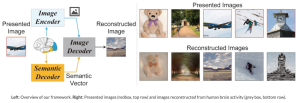
Radical Reads is edited by Ebin Tomy.


